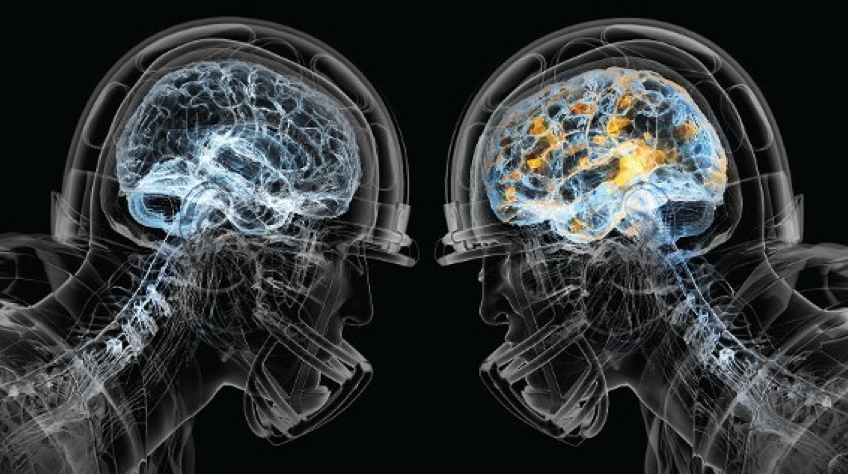myHIN Blog
Category: Depression Articles

February 25, 2016
Mind Games
I remember playing high school football and being told that the game is as much physical as it was mental. I spent hours each week in the training room, film room, weight room, or practice field preparing for the game ahead, and wanting nothing more but to win. Like most athletes, we played through injuries, and it was expected, but head trauma was treated differently. I have clear memories of teammates, and even my younger brother, sitting out for multiple games because of concussions. I had friends end their involvement in all contact sports because of the head injuries they incurred, while still in high school. During my short athletic career I watched head injuries be taken increasingly serious through the improvement of preventative measures like helmets, and more stringent recovery procedures for athletes.
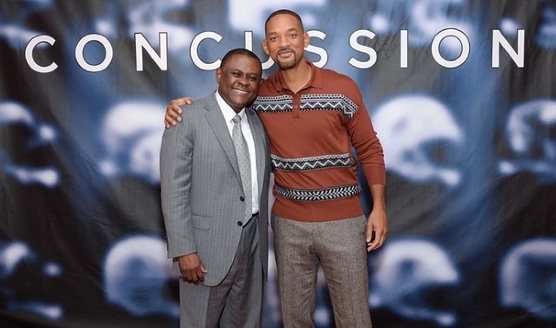 The new film, Concussion, starring Will Smith, takes a look into the NFL’s gradual shift in perspective concerning the nature of the repetitive collisions that define the game. The movie speaks to the reluctance of the organization to accept any wrongdoing, as well as their hesitance to buy into the daily dangers presented by the game to those who play. The film features footage of the car crash that led to the fiery death of Justin Strzelczyk, a former member of the Pittsburgh Steelers, in-game collisions, and a reenactment of Dave Duerson’s suicide. These clips are woven throughout the film to portray the urgency needed by those who are at risk for chronic traumatic encephalopathy (CTE), found in many former NFL players due to repeated trauma on the brain, resulting in concussions. CTE showed its head through lapses in memory, headaches, sensitivity to light, outbursts, depression, and a gamut of other debilitating symptoms.
The new film, Concussion, starring Will Smith, takes a look into the NFL’s gradual shift in perspective concerning the nature of the repetitive collisions that define the game. The movie speaks to the reluctance of the organization to accept any wrongdoing, as well as their hesitance to buy into the daily dangers presented by the game to those who play. The film features footage of the car crash that led to the fiery death of Justin Strzelczyk, a former member of the Pittsburgh Steelers, in-game collisions, and a reenactment of Dave Duerson’s suicide. These clips are woven throughout the film to portray the urgency needed by those who are at risk for chronic traumatic encephalopathy (CTE), found in many former NFL players due to repeated trauma on the brain, resulting in concussions. CTE showed its head through lapses in memory, headaches, sensitivity to light, outbursts, depression, and a gamut of other debilitating symptoms.
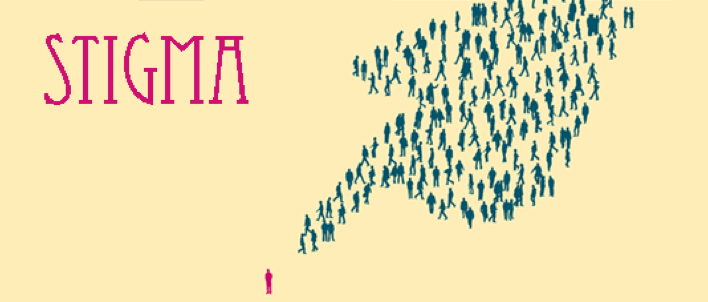 As the discussion surrounding mental illness continues to grow, I am reminded that ailments of the brain go unseen. There is no visible bruise, no blood or fractures that we can see, but the recovery is just as severe. I am glad to see an increased vigilance paid towards mental illness, but hope the conversation about CTE does not limit the scope to end at how the NFL will use the emerging research, but instead to a broader perspective of caring for mental illnesses is adapted. As I age I do not only worry for my childhood sports heroes, but also for the plethora of people dealing with untreated mental illnesses. We must continue to be proactive to fight the stigma of mental illness, in all aspects of society.
As the discussion surrounding mental illness continues to grow, I am reminded that ailments of the brain go unseen. There is no visible bruise, no blood or fractures that we can see, but the recovery is just as severe. I am glad to see an increased vigilance paid towards mental illness, but hope the conversation about CTE does not limit the scope to end at how the NFL will use the emerging research, but instead to a broader perspective of caring for mental illnesses is adapted. As I age I do not only worry for my childhood sports heroes, but also for the plethora of people dealing with untreated mental illnesses. We must continue to be proactive to fight the stigma of mental illness, in all aspects of society.
Follow us @myhealthimpact on Twitter for more on #health and #tech topics.
Share

December 09, 2015
Decisions, Decisions: Sexual Health Education or Mental Health
Public Health Education is such a broad field of study, with a vast selection of areas to choose from. There’s tobacco, global health, epidemiology, climate change and a host of others. Out of these various topics, I find myself drawn to a few that seem to peak my interest: Sexual/Reproductive Health education, Domestic Violence, and Suicide/Depression. I haven’t decided exactly which area I want to focus on after graduation, but I have tried to educate myself on these topics.
My interest in Sexual Health came about in my Human Sexuality class that I took my first semester in the Health Education department. At first I only took it because I just need another health elective to take and didn’t think anything of it. We discussed so many things in that short amount of time and I was hooked ever since. My professor has been very influential in my decision to teach sexual health education.

On the weekend of November 21st, I had the privilege to volunteer at the 10th Annual Teen Talk Lock-In for the Wake County Health Department. It was an all night, interactive sexual health education workshop for teens. The key areas of focus were attitude & mindset, healthy lifestyles, and access to resources. They had 5 workshops on building positive and healthy relationships, coping and looking forward to positive outcomes, what love is and how to communicate your love to others, understanding your body inside and out, respecting different lifestyles and identities, and also the importance of Sexual Health Education and HIV/STI testing. I was able to go from session to session with the kids and observe the different speakers, my professor being among them. Seeing them interact with this age group, 12 to 17 year olds, further convinced me that I need to do sexual health education. I would like to further help in the fight to make sex a normal thing to talk about in everyday conversation.
October was Domestic Violence Awareness Month, and I was appointed Chair of the 2nd Annual Women’s Empowerment Program for our Department of Health Education at North Carolina Central University. The purpose of this year’s program was to increase awareness of Intimate Partner Violence (IPV) and its correlation to HIV incidence among college women, through education, empowerment, and condom usage. The goal of the program was to empower young college women to RESPECT themselves in order to PROTECT themselves from HIV. Our keynote speaker and founder of Healing after Domestic Violence (HAD). Her story was so powerful, there wasn’t a dry eye in the house. The program targeted 18 to 24 females on campus. Being in the city of Durham, the young ladies on campus are bound to meet and maybe even start relationships with boys on campus as well as from the surrounding areas. For many of these girls, it is their first time away from home, without direct supervision, and they are likely to take advantage of that. Unfortunately for them, not everyone they deal with will have their best intentions at heart. What can start out as a sweet and loving relationship, can go really south, really fast. The program highlighted signs of domestic violence and where to seek help. There were also booths set up, by myself and my fellow Public Health Associates, showcasing different Social Marketing campaigns focused on Intimate Partner Violence. Resources that are available on campus also had booths set up.
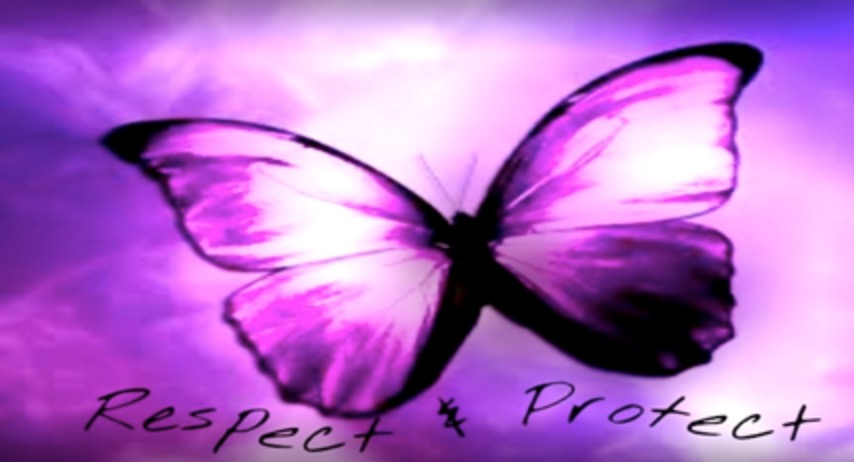
In my research class, we had to choose a health topic to do research on. Normally, I would chose HIV/AIDS, but this time I did suicide and depression, focusing on African American women. I was very surprised that it was hard to find almost any articles on my target population. I’m talking about hours and hours of searching for an article even remotely focusing on depression or suicide in African American women. It was alarming to me, and made me think why no one had decided to do any research on this underserved population, in this regard. As a part of the aforementioned population, I personally know that depression is real in the African American community. There is also a stigma attached to it. I’ve heard people say “Black people don’t get depressed. That’s only crazy white people. Just get over it.” What people don’t realize is that downplaying anyone’s feelings of depression is not helping them at all, and possibly even worsening it, leading them to suicide. If I were to choose this as my final area of focus, I would definitely want to go into research regarding African American women and teenagers.
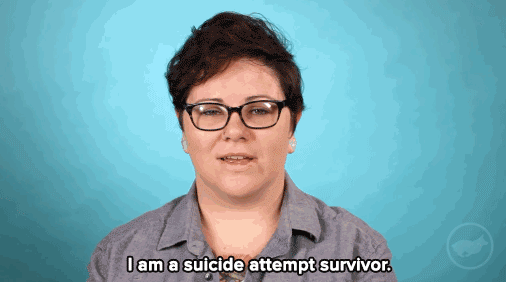
I wasn’t sure how Public Health Education was going to work out for me when I first transferred to the department, but I soon found my place. I chose to focus on these topics for various reasons. I know people who don’t know how some STIs are transmitted and don’t know how to use condoms properly. I know others who have been in abusive relationships, not even realizing that they were in one, and not want help trying to leave the person. That hurt me, that as their friend, they didn’t want me trying to help them. I, myself, struggle with my own depression, and dealing with it. There is always someone who needs public health education and resources, and as a future health educator, I am working hard so that one day I can help others with their problems.
Follow @myhealthimpact on health and tech stories impacts #youngppl. #publichealth #mentalhealth #sexualhealth
Share

September 10, 2012
“You Ain’t Crazy: It’s Your Mental Health!”
On Thursday, August 30th, Dr. Payton gave a presentation on campus titled ‘You Ain’t Crazy: It’s Your Mental Health’ where she discussed mental health issues in the African-American community. What stuck out to me the most was the video she showed featuring Terrie Williams where she talks about her book “Black Pain: It Just Looks Like We’re Not Hurting”. Williams talks about how people think they are the only one who is going through something so they keep things bottled in and suffer from depression, hyper tension, and heart disease; or it will come out through self-medicating, gambling, sex, risk behaviors, etc. Risk behaviors can only increase the chance of being exposed to HIV.
For some strange reason, in our community, when we are suffering from something such as depression, we don’t go and get help. Instead, we turn to a friend who ends up giving us bad advice or just decide to seek a spiritual source to resolve our problems. While I am not knocking the latter, sometimes it is good to keep mental and spiritual health issues separate. Unfortunately, I am speaking from experience.
Last semester I had things going on with my family that I had never experienced before and I didn’t have time to react properly. I used my school and extra-curricular activities as a way to block everything out until one day it caught up with me. I literally woke up crying. I didn’t go to class that morning (which added to my stress) and I reached out to one of my sorority sisters who I am close with. Having experienced depression before, she forced me to go to the University Health Center to seek counseling. I was skeptical at first, but I figured it wouldn’t hurt to talk to someone who was a professional. I went to the Health Center and was told that I needed to set up an appointment. I was upset because I didn’t want to wait to talk to someone in seven days; I needed someone at that moment. I was afraid that my natural habit of pushing things away would hinder me from receiving proper help. In any case, I set the appointment and returned a week later. Unfortunately, the counselor was not helpful, but I was proud of myself for taking the initial step.
When I told certain people in my family that I went to see a counselor their response was ‘what do you need to do that for?’. I responded ‘to make sure I don’t go crazy!’. I also told them that I wanted to find another counselor and begin seeing them regularly, again they asked ‘what do you need to do that for?’. I believe that counseling can help you receive an unbiased opinion on how you should move forward. A counselor does not give you advice based on experience. They give you advice based on clinical research that can help you control your reaction to events that you can’t control. Can you control risk behaviors?
If you’re reading this and you have something that you are dealing with, seek help. More than likely you are not alone in the matter. If you need motivation, watch the video below featuring Terry Williams who also gives her personal testimony about battling with depression.
For up-to-date information, follow @myhealthimpact on Twitter!
Share
In Partnership with: Poole College of Management, College of Humanities and Social Sciences, National Science Foundation, Penn State
Take Action, Get Tested: Find Your Local Testing Center Why Get Tested?
